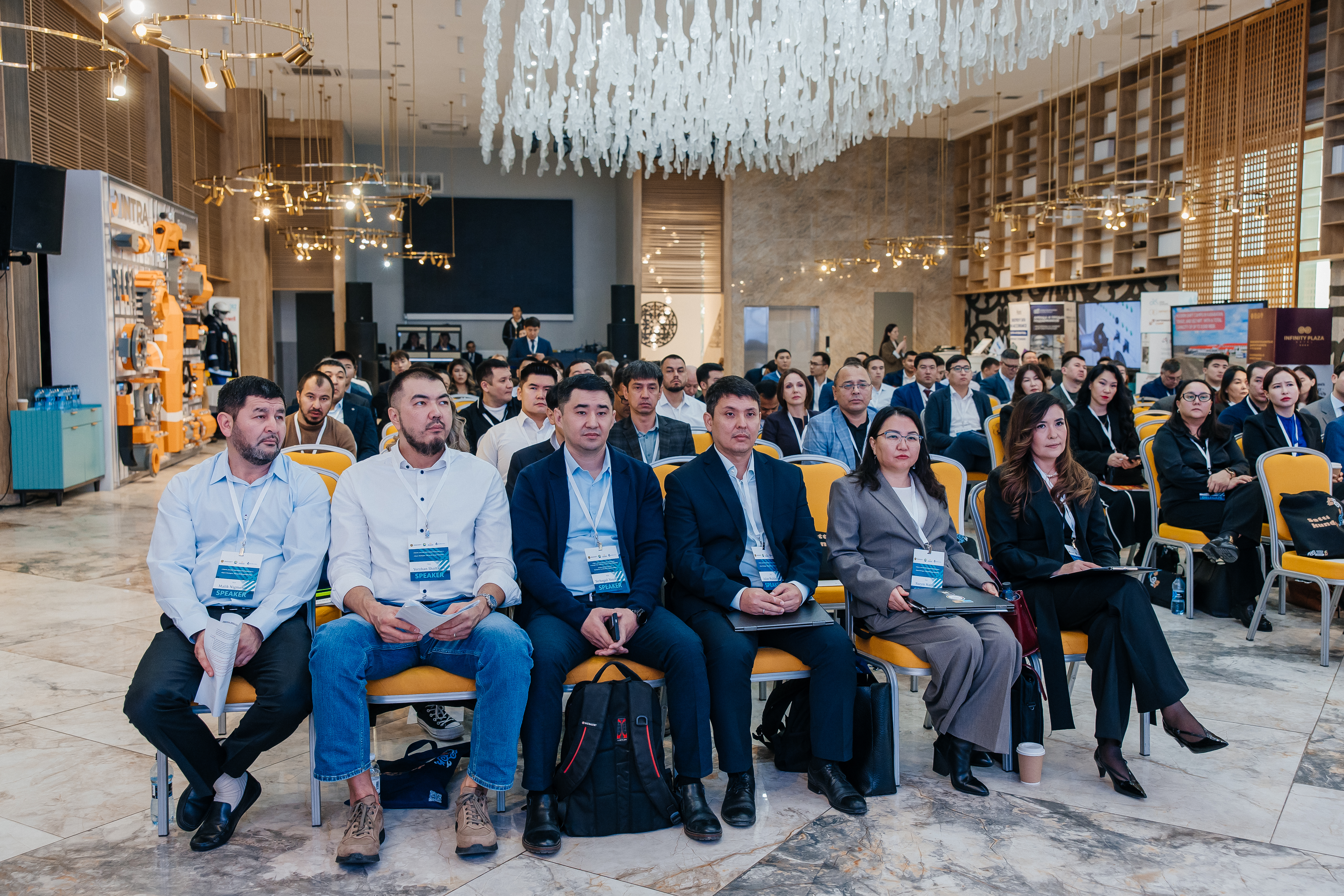
On November 14 in Atyrau, at the KazService HSE Forum, Tengizchevroil LLP (TCO) presented best practices in industrial safety, occupational health, and environmental protection that enable TCO to maintain its leadership in safety standards and corporate culture within the industry.
TCO continues to demonstrate high standards of safety and environmental responsibility. In 2025, more than 500 emergency response training sessions have been held, and 55,000 training man-courses have been completed. These initiatives aim to develop workforce competencies, reduce risks, and strengthen a corporate culture where safety is a top priority.
"These figures reflect not just statistics, but our commitment to a culture of operational discipline and care for people. These efforts help us minimize risks and foster a corporate culture where caring for people and the environment is a strategic priority," emphasized Alexander Graf, Manager of the Department of Operational Excellence and Health, Safety, and Environment at TCO.
TCO actively promotes a culture of operational discipline, which contributes to risk reduction and reinforces corporate values. A key achievement has been reducing air emissions intensity by 71% since 2000 and ensuring efficient water use – 48% of water is reused. Over 80% of waste is sent for recycling and reuse.
Additionally, TCO has implemented an electronic work permit system that has completely replaced the paper format. This system automates processes, reduces human error, and ensures standardized risk assessment. Through integration with corporate platforms and cloud storage, employees quickly access information on tasks and protective measures. Real-time visualization helps monitor parallel operations and optimize planning. Digitalization has reduced permit processing time from two hours to twenty minutes, and the database is accessible from any device.
TCO also introduced a capacity-building program for work supervisors, aimed at improving employee readiness for safe task execution. The program includes training, briefings, and knowledge checks, helping minimize risks and maintain a high level of operational discipline. Special attention is given to work execution control, verification of protective measures, and engagement of contractor company leaders.